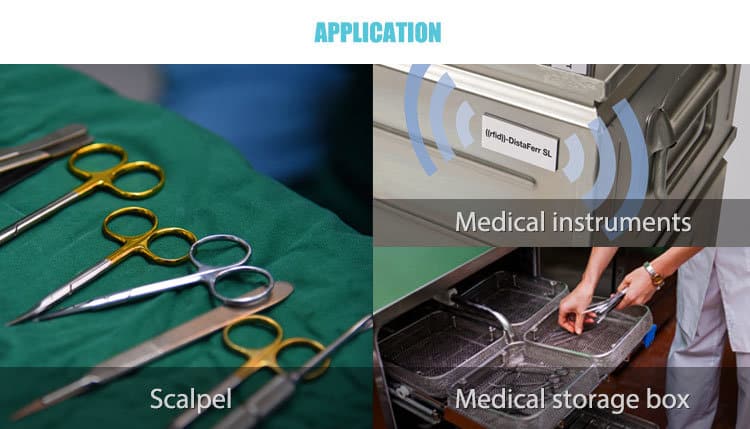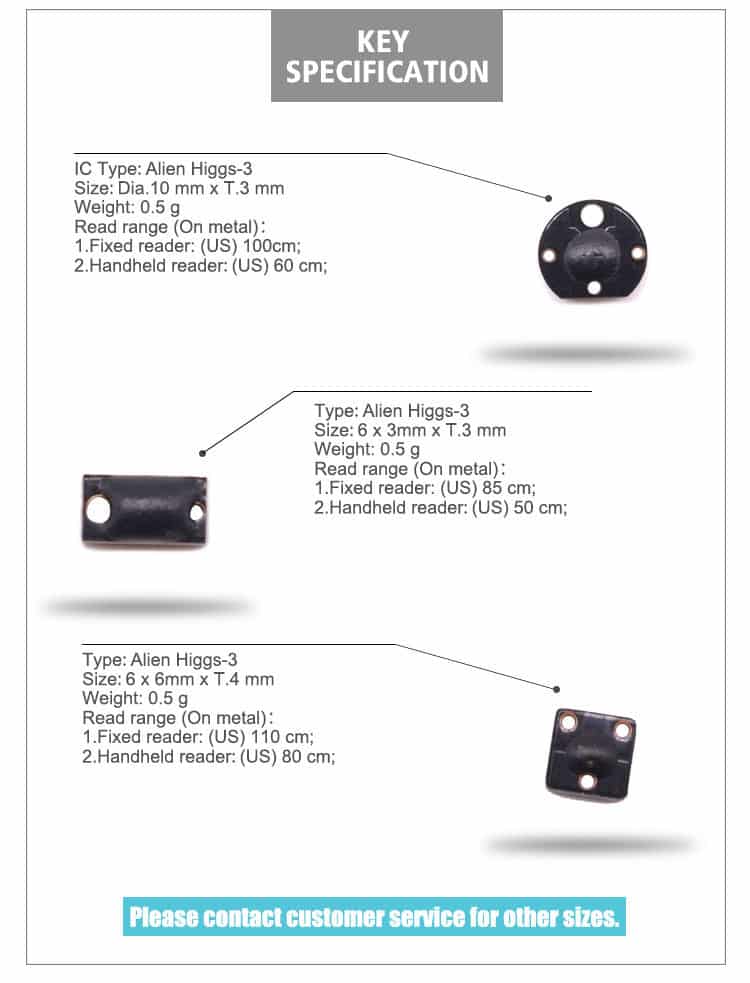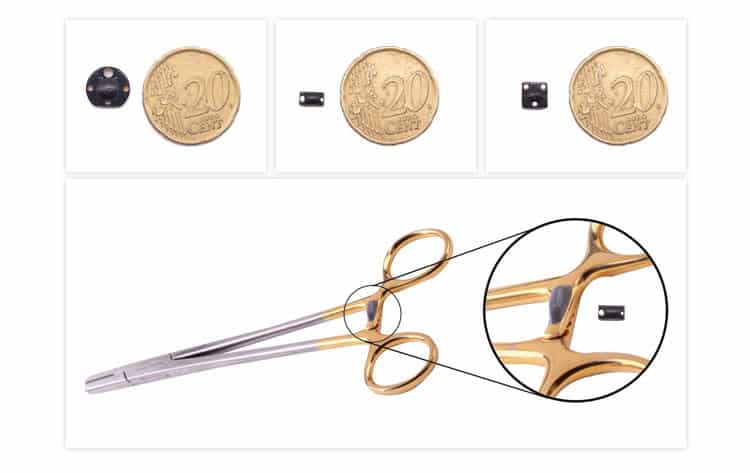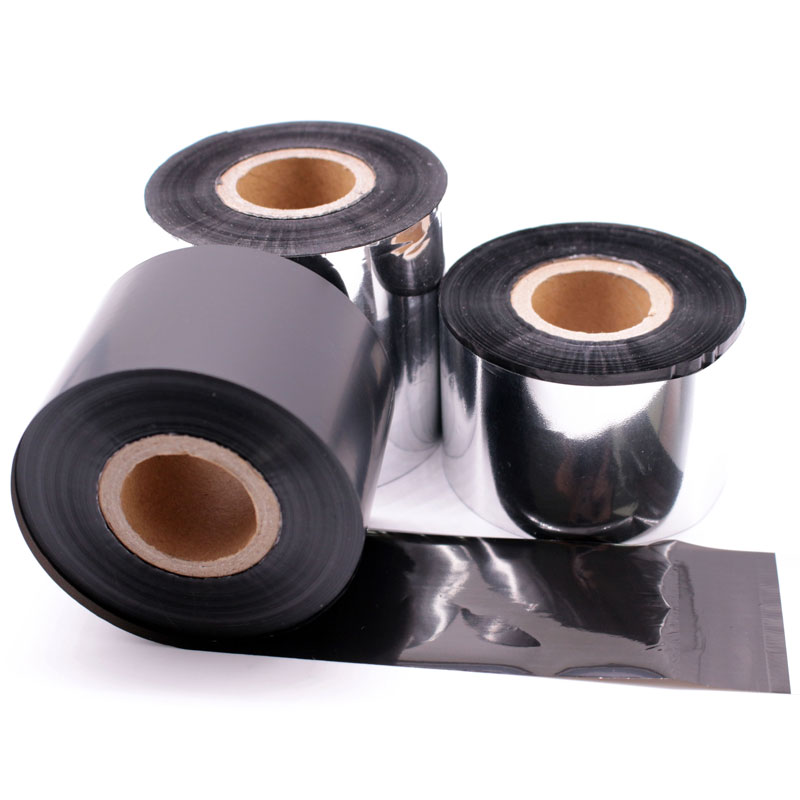For medical device manufacturers, RFID tags can be used to identify each device uniquely. More importantly, RFID does not require line-of-sight scanning (like bar code labels or direct marks would), so items can easily be scanned even when the UDI tag or label is not visible. RFID tags can also store additional information so that other stakeholders in the healthcare supply chain (like distributors or hospitals) can manage these assets using RFID portals in their own facilities. they’re smaller than a pill. Their diminutive size allows them to be fixed onto each individual surgical instrument to tag it.
Leave your contact detail now to get the latest price!
Design & Applications
RFID tagging of individual surgical instruments allows hospitals to document each instrument’s vital statistics (image, name, manufacturer, manufacturer’s ID number, date of purchase, number of sterilization cycles, repair history, and location). This provides safety, asset management, and cost savings benefits for the healthcare institutions, both in and out of the surgical suite.





Leave your contact detail now to get the latest price!

